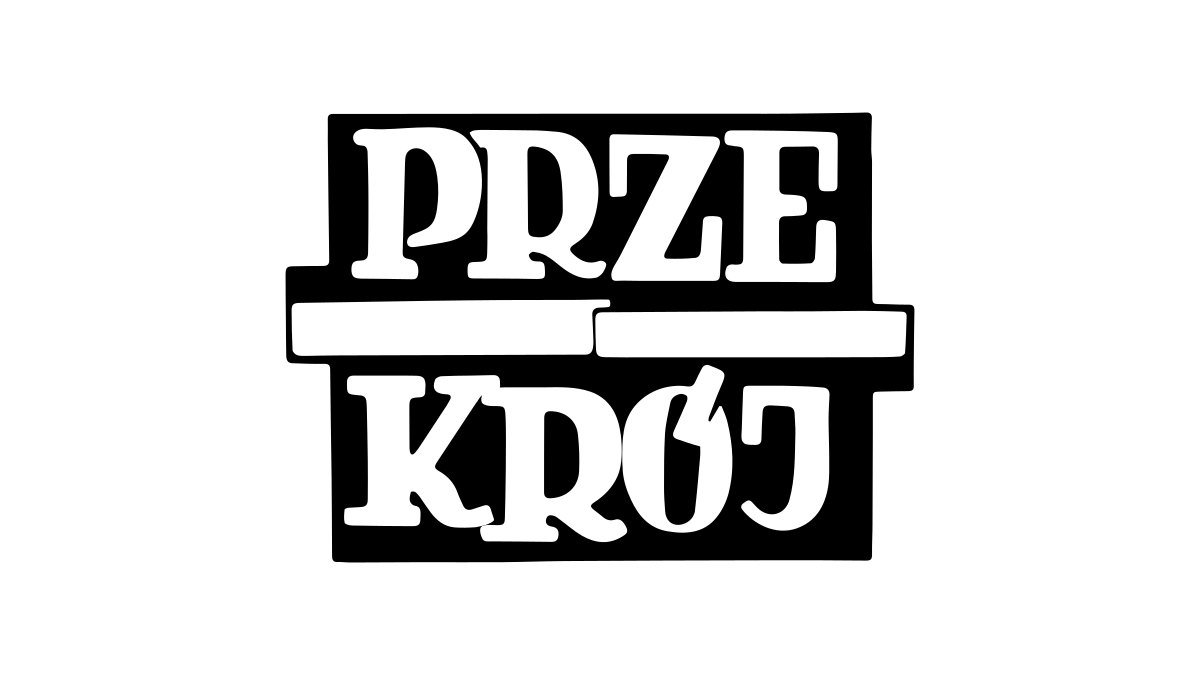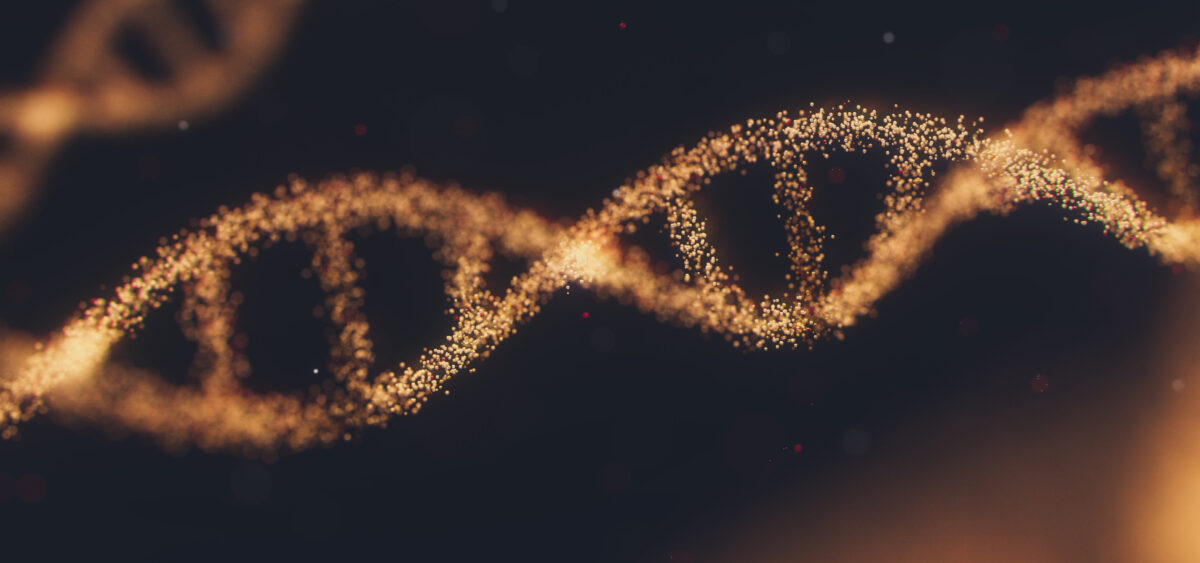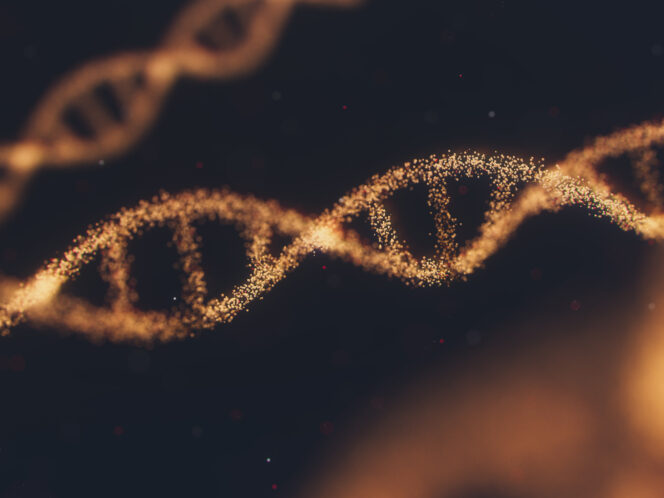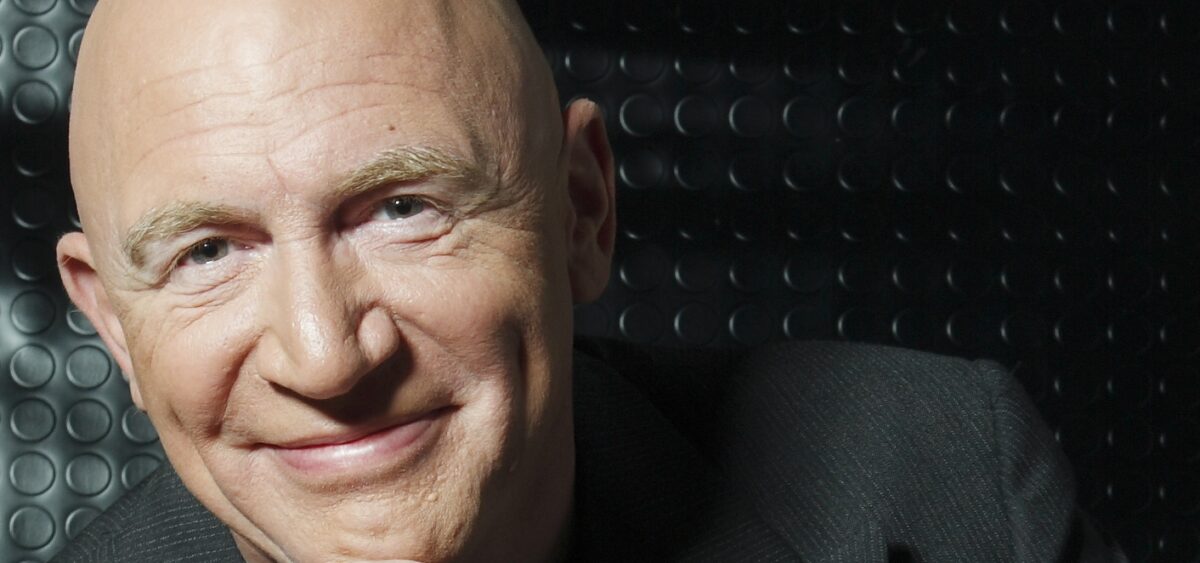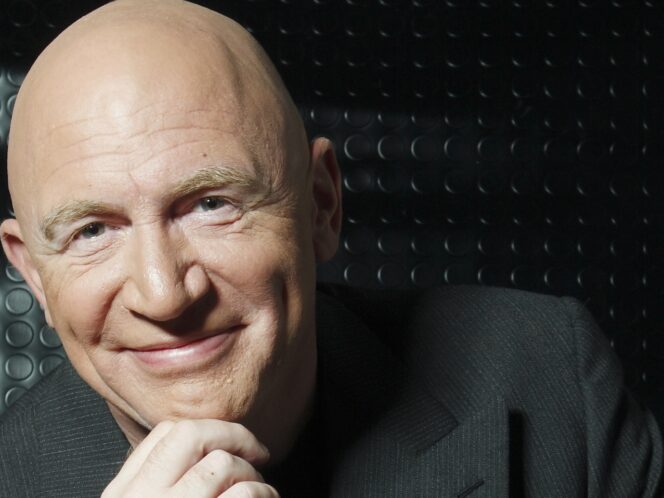
Passers-by near a tall building of Harvard’s Simches Research Center at 185 Cambridge Street, Boston, next to a Whole Foods Supermarket and a huge CVS drugstore, probably have no idea what is going on inside.
If they knew, they surely wouldn’t be so carefree.
All those smiles would disappear at once.
At the moment, however, they’re still happy – not knowing that right under their noses research is taking place, unbelievably similar to one conducted centuries ago by a certain Swiss scientist, desperate to penetrate the deep mysteries of science.
A man by the name of Victor Frankenstein.
But Frankenstein used ready-made human bodies, shaped by nature in a long process of evolution. In comparison with what is going on in Boston, that’s a very moderate and unambitious aim.
For is there anything more extravagant than an attempt to create a completely new life? And in exactly the same way that it happened billions of years ago, at the beginning of everything?
Completely new – that is, without any relationship to anything that ever walked, crawled, swam or flew on this Earth. Created from scratch. Not from dead body parts, but from lipids, carbohydrates, nucleotides and amino acids made by the scientists themselves.
All those elements are now being stirred in his alchemic retort by Jack Szostak, a Canadian scientist of Polish descent, laureate of the Nobel Prize for Physiology or Medicine for discovering telomeres and telomerase. Apparently the most prestigious prize there is in science has only whetted his appetite for more spectacular discoveries.
So he decided to play God.
That’s what’s going on in my mind as I’m on my way to meet Szostak here, in Harvard’s Simches Research Center.
What will I see inside? A miniature model of the universe hidden somewhere in the belly of the lab? With a tiny primordial ocean, a tiny sun among the tiny clouds, with tiny rocks, on which someday something will crawl out?
Or maybe it already crawled out? This unsettling thought enters my brain when I’m trying to negotiate a revolving door and then a bulky security man with a serious face. Perhaps in huge tanks of armoured glass in secret rooms there are dozens of monster creatures, unlike anything that was ever seen by a human eye?
“Good morning, Tomasz!” Jack Szostak’s lively voice makes me come out of my reverie. I’m already on the right floor, ringing the door. “We’ll go into my office, but first I’ll show you where I work.”
I have to admit: a short trip around
